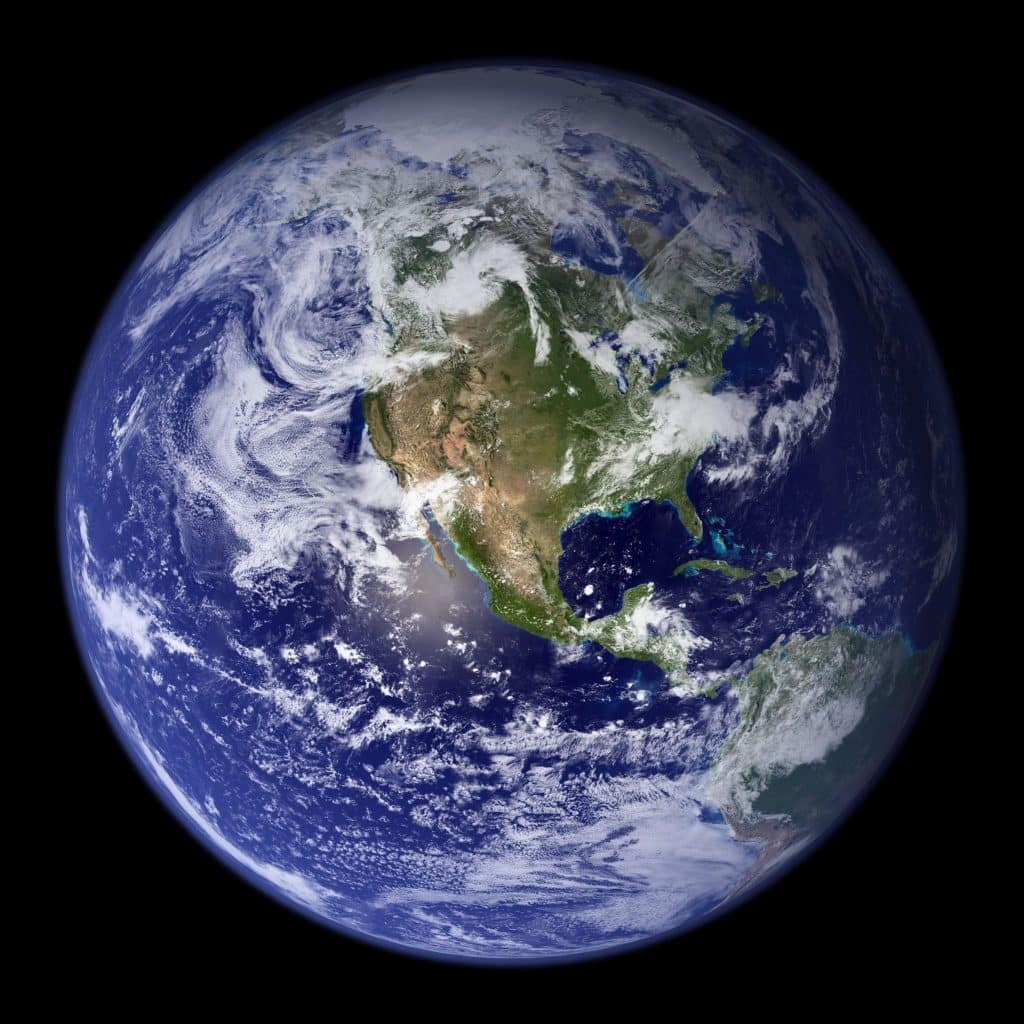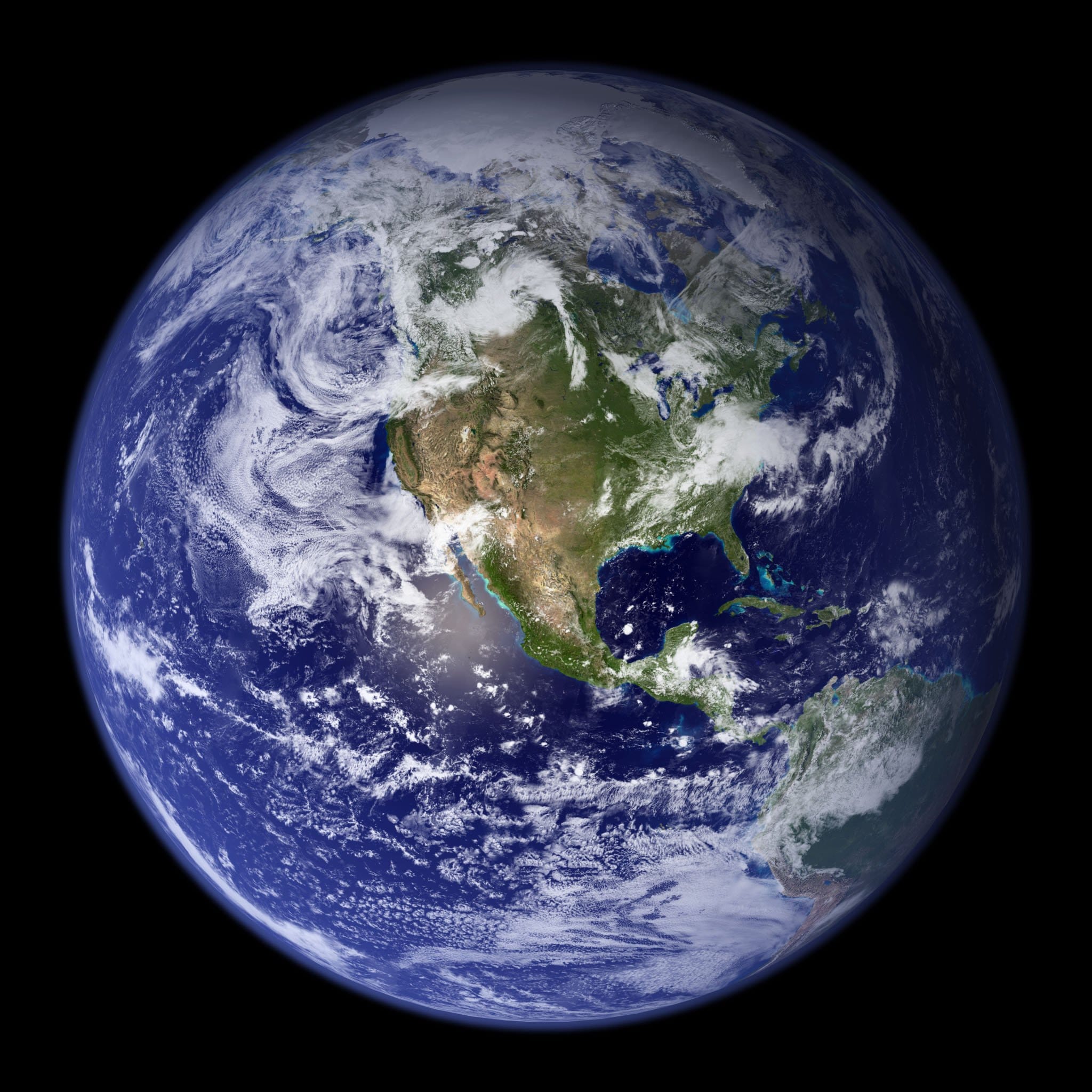
Fear and skepticism follow the IPCC climate change report
Joshua Boulet, Staff Writer
On Oct. 8 2018, the Intergovernmental Panel on Climate Change (or the IPCC) released a report on their recent findings. The results staggered audiences and struck fear into the hearts of many.
The report explained that nations should work together to reach a target global warming number of 1.5 degrees celsius. This number is important, because it is essentially the maximum that the earth can start warming before it feels more major consequences. It was also chosen as a reasonable goal, since lowering the temperature below that would require even more tremendous effort of the nations.
“1.5 degrees is a solid goal”, Priyardarshi Shukla, Co-Chair of IPCC Working Group III explained in the report that, “Limiting global warming to 1.5°C compared with 2°C would reduce challenging impacts on ecosystems, human health and well-being, making it easier to achieve the United Nations Sustainable Development Goals.” (IPCC Global Warming Report)
The IPCC report conveys grave circumstances for the environment. Seemingly small changes in temperature could cause major consequences for people. Just a few risks include rising sea levels, extreme weather, and the melting of polar ice caps. The reports shows future challenges for those in 3rd world countries without proper tools to fight against extreme conditions.
Of course, these kinds of changes require significant shifts in policy and the panel doesn’t deny this. In their press release, the IPCC acknowledged that carbon dioxide levels would have to fall 45 percent between 2010 and 2030 and even more by 2050. It’s technically possible, but would require monumental changes.
The IPCC has strong credentials listed. They had 91 authors from 40 different countries along with 133 contributing authors. For citations, they had “over 6,000 cited references” and “42,001 expert and government review comments” (IPCC Global Warming Report). These statistics are all an argument of their own: to demonstrate the IPCC’s reliability.
Nevertheless, not everyone is buying into the report at face value. Lee Mitchell, an NGU professor, noted that he didn’t totally believe the reports claims but also noted that the issue is extremely complicated. He explained about the two common views on climate change:
“I’m inclined to agree with Judith Curry [a climatologist] who talked about the two views . . . [the first view is that] Climate is generally stable, but the strain is caused by external input. So that would be people: factories, cars, airplanes . . . The other view is that the climate is dynamic and that change commonly occurs naturally in ways we don’t understand yet.”
His opinion was of the latter, that there are many natural forces that people need to account for that might be affecting the environment besides humans. Although he admitted he doesn’t know everything there is to know, most people don’t know every side of an issue.
Whether or not everyone believes the report, the statistics remain. The IPCC is a panel centered around affecting the decisions of the nations in the Paris Agreement and time will tell whether or not the governments of the world will heed their call to action, or disregard it entirely due to skepticism.

